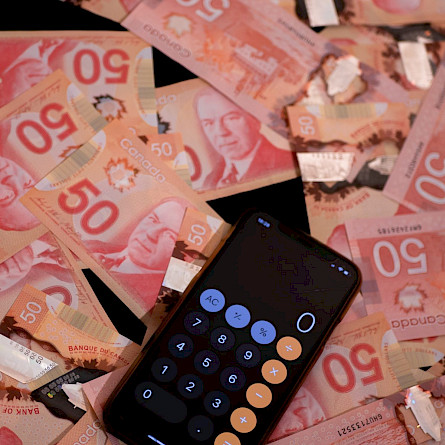- What is the maximum price you would be willing to pay to buy a ticket if you didn’t have one?
- What is the minimum price you would be willing to sell your ticket for, knowing you only had one?
What do you think the results were? Before presenting them, it is important to note that basketball is a very popular sport at Duke, and this tournament is highly coveted. Excluding the most extreme cases, the students were willing to pay, on average, $166 for a ticket, while I estimate that its sale price was about $45 at that time. On the other hand, if they already had a ticket, the students would only be willing to sell it, on average, for $2,411.
This significant difference is explained by the endowment effect. This psychological bias stipulates that a person assigns more value to an object they already possess than to an object they do not own.
This psychological bias manifests itself in several ways in investing. Here are two examples:
Stock Purchase Plans
Employees of publicly traded companies can often participate in stock purchase plans that allow them to buy shares of the company they work for, with their employer matching the purchase according to a predetermined proportion.
This arrangement can become very lucrative if the company’s stock performs well in the market and the employee stays with the company for several years.
However, this accumulation of shares can cause some problems. Indeed, I often see portfolios completely unbalanced by such stock purchase plans. I recently saw a stock portfolio worth $600,000 in which 35% ($210,000) was invested in a single stock, that of the investor’s employer. Regardless of tax considerations, this investor was reluctant to sell part of his shares because he believed that the stock would continue to perform well.
I asked him, “If you inherited $600,000 tomorrow morning, would you buy $210,000 worth of this company’s shares if you didn’t have any?” In other words, would this investor replicate his current portfolio? His answer: “Of course not!” This investor was biased by the endowment effect: he valued more highly an asset he already owned.
The Energy Expended
You spend dozens and dozens of hours analyzing a stock before finally buying it for your portfolio. You then hold this stock for five years. The stock seems to be stagnating. Yet, you are convinced that the stock is a bargain. Are you a victim of the endowment effect without realizing it? Are you wrong in valuing a stock you own more highly?
In his book “Avantage Bourse,” Philippe Le Blanc writes: “The more time and energy we invest in the decision to buy a stock or an item, the more difficult the decision to sell becomes.”
Trying to Control Them
Psychological biases are numerous, and simply being aware of them can help reduce their impact on our decisions. A simple way to mitigate the endowment effect is to create checklists for buying and selling. The goal is to find your own way to remain as methodical as possible in your decision process.
In conclusion, be careful not to overvalue a stock simply because you hold it in your portfolio.
_______






